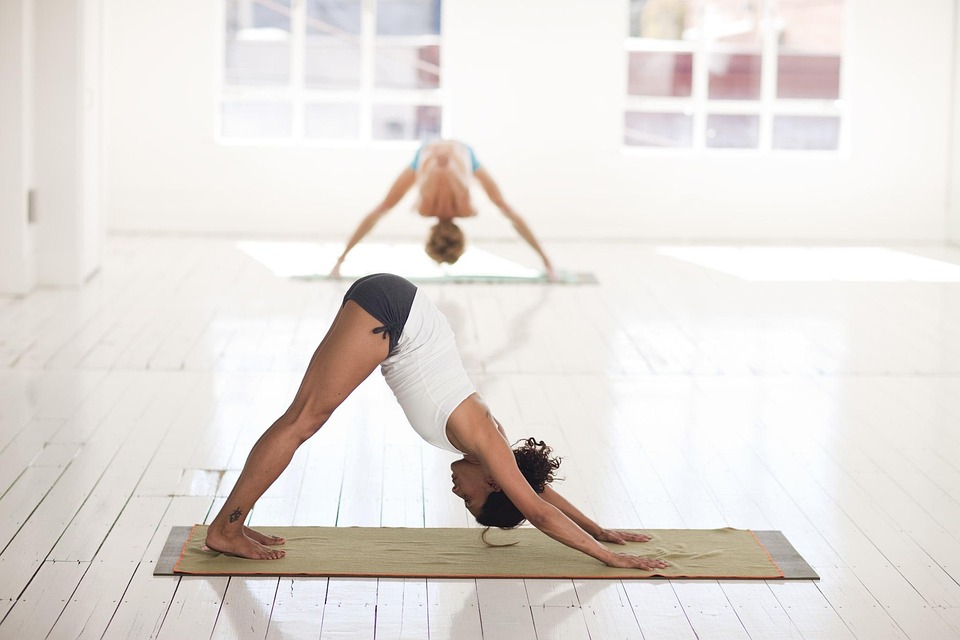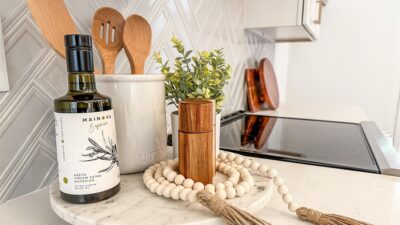Whip Up Confidence: How Cooking Classes Can Boost Your Creativity
In today’s fast-paced world, creativity often takes a back seat to routine responsibilities and obligations. Yet, as research shows, embracing creativity can lead to greater happiness and well-being. One unexpected avenue to cultivate this creativity is through cooking classes. More than just a way to learn culinary skills, cooking classes can boost your confidence, inspire innovation, and unleash your inner artist. Here’s how.
1. Hands-On Learning
Cooking classes provide a unique opportunity for hands-on learning, enabling participants to experiment with different techniques, ingredients, and flavors. As you chop, sauté, and taste your way through a recipe, you’ll find yourself engaged in a dynamic process that encourages exploration and sensory experiences. This multi-sensory engagement is crucial: it stimulates the brain, fostering new neural connections that enhance overall creativity.
2. Encouragement from Instructors
Qualified instructors bring a wealth of knowledge and experience to cooking classes, often encouraging students to push their boundaries. Their constructive feedback and positive reinforcement can help participants overcome fears of failure. By making mistakes in a supportive environment, individuals learn to take risks, an essential component of creative thinking. The confidence gained from this supportive atmosphere can extend far beyond the kitchen.
3. Connection and Collaboration
Cooking is a communal activity, and classes often involve working alongside others. This social interaction promotes collaboration, allowing individuals to share ideas and inspire one another. The fusion of diverse perspectives can lead to innovative dishes and cooking methods. Engaging with peers can also create a sense of belonging, which nurtures self-esteem and fosters a more open mindset—key ingredients for creativity.
4. Experimentation and Innovation
In the kitchen, experimentation is often encouraged. Cooking classes invite participants to tweak recipes, substitute ingredients, and explore food pairings that may not seem obvious at first glance. This spirit of innovation can translate into other areas of life, inspiring you to think outside the box and embrace new ideas, whether it’s in art, work, or personal projects.
5. Sense of Accomplishment
Completing a dish from scratch is an empowering experience that boosts self-esteem. Sharing your culinary creations with others, whether at a dinner party or during a class, reinforces the sense of accomplishment. This newfound confidence encourages you to take on bigger challenges, both in the culinary world and beyond. Each dish becomes a testament to your growing skills and creativity.
6. Mindfulness and Focus
Cooking requires attention to detail and mindfulness, which can be particularly beneficial for those looking to cultivate creativity. The process of measuring, chopping, and timing promotes a meditative state, allowing the mind to quiet itself and tap into deeper wells of inspiration. This focused attention can lead to “aha” moments, where innovative ideas emerge, unencumbered by the distractions of daily life.
7. Cultivating a Creative Habit
Regularly attending cooking classes can establish a creative habit. The routine dovetails creativity with the practical skills of cooking, making creative exploration a part of your lifestyle. As you become more comfortable in the kitchen, you’ll likely find yourself experimenting with meals at home, applying the techniques and insights gained from your classes. This continuous cycle of practice and exploration nurtures not only culinary skills but creative ones as well.
Conclusion
Cooking classes are not just about learning how to whip up a gourmet meal; they are a gateway to boosting creativity and confidence. Through hands-on learning, supportive environments, and the joy of collaboration, participants can tap into their creative potential, transforming both their cooking and their lives. So, if you’re looking to unleash your inner chef while enhancing your creative abilities, consider enrolling in a cooking class. You might just find that what begins as a practical skill leads to a lifetime of inspiration and innovation.



